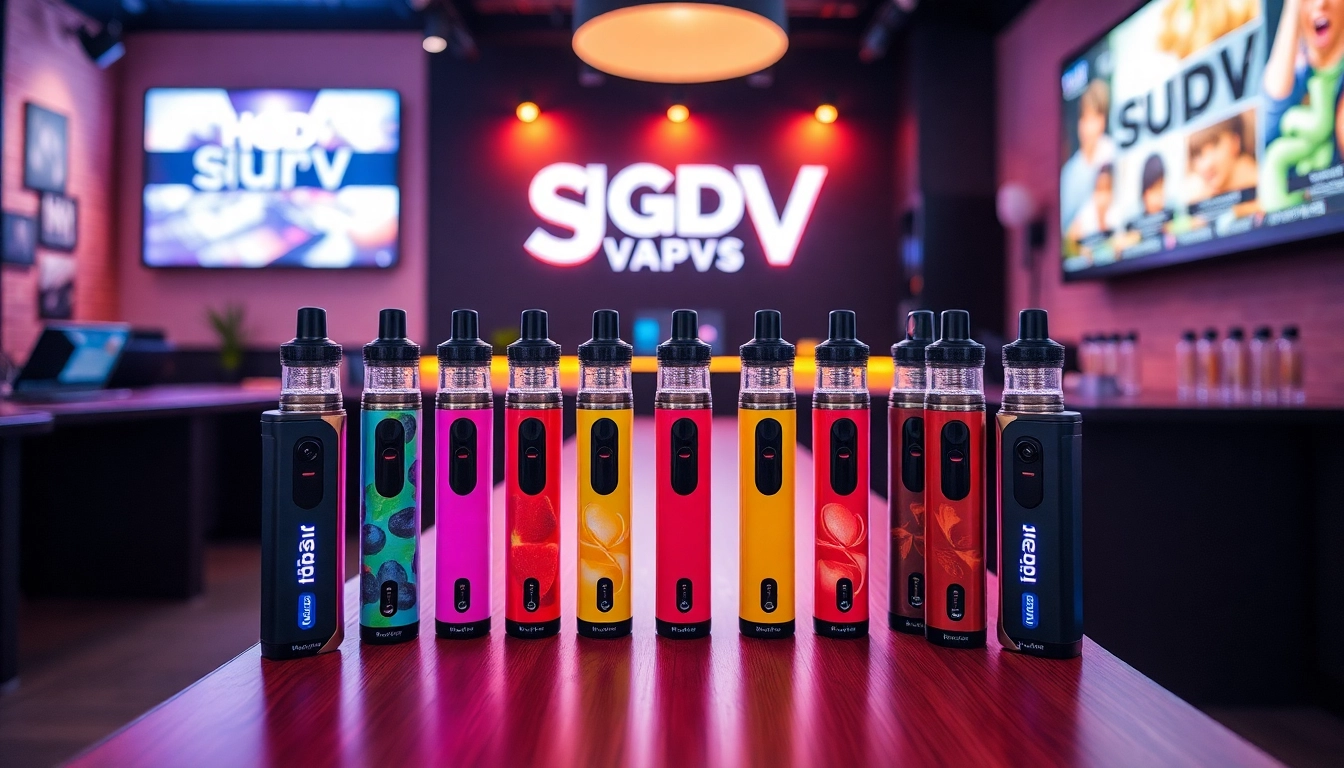Understanding Jeans Cloth Manufacturers
What Are Jeans Cloth Manufacturers?
Jeans cloth manufacturers are specialized companies focused on the production of denim materials and garments, particularly jeans. They play a crucial role in the fashion supply chain, converting raw materials into finished products that are then made available to retailers and consumers. Denim is a fabric that has transcended its functional roots to become a mainstay in fashion, which is why jeans cloth manufacturers are vital to the industry’s ecosystem.
The Role of Manufacturers in Denim Production
Manufacturers take on a multi-faceted role in the denim production process. They are not just responsible for the materials but also for design, cutting, stitching, finishing, and sometimes marketing the final products. They collaborate with designers to ensure that the finished jeans meet market demands in terms of style, fit, and quality. Manufacturers also oversee quality control, ensuring that every piece meets the required specifications before it reaches consumers.
Types of Jeans Cloth Manufacturers
Jeans cloth manufacturers can be categorized based on several criteria, including production capacity, geographic location, and specialization:
- Large-Scale Manufacturers: These companies operate on a global scale, producing jeans in bulk for international brands and retailers.
- Small-Batch Manufacturers: These manufacturers focus on smaller production runs, allowing for more customization and artisanal craftsmanship, catering to niche markets.
- Private Label Manufacturers: They produce jeans under another brand’s label, giving companies the flexibility to market products without investing in manufacturing facilities.
Choosing the Right Jeans Cloth Manufacturers
Evaluating Quality and Material
Quality is paramount when selecting a jeans cloth manufacturer. Factors such as fabric weight, weave, and finishing techniques can influence the performance and aesthetics of the finished product. Understanding different types of denim, such as selvedge, stretch, and raw denim, helps in evaluating the quality of the materials offered by manufacturers. Regular quality checks and certifications can also guide your decision-making process.
Key Factors to Consider When Selecting Manufacturers
There are several key factors to keep in mind when selecting a jeans cloth manufacturer:
- Minimum Order Quantities: Assess the manufacturer’s minimum order requirements to ensure they align with your business needs.
- Lead Times: Ensure that the manufacturer can meet your deadlines, taking into account the entire production process.
- Sustainability Practices: With increasing consumer demand for sustainability, it’s essential to consider manufacturers who utilize eco-friendly practices.
- Reputation and Reliability: Research the manufacturer’s track record, client reviews, and case studies to gauge their reliability.
Common Misconceptions About Jeans Cloth Manufacturers
Several misconceptions often cloud judgment when it comes to jeans cloth manufacturers:
- All Manufacturers Are the Same: This is far from the truth. Manufacturers vary significantly based on specialization, quality control processes, and ethical practices.
- Higher Prices Mean Better Quality: While price can be an indicator of quality, it is not always the case. It is essential to assess the actual material and craftsmanship.
- Local Always Means Better: While local manufacturers can offer benefits such as reduced shipping times, quality and expertise can often be found globally.
The Manufacturing Process of Denim Jeans
From Design to Production: How Jeans Are Made
The journey of a pair of jeans begins with design. Designers create patterns and prototypes, which are then handed over to manufacturers. Here’s a step-by-step breakdown of the jeans manufacturing process:
- Fabric Selection: Raw denim is chosen based on the desired characteristics of the final product.
- Cutting: The fabric is cut into specific shapes and sizes based on the design.
- Sewing: The cut pieces are sewn together using industrial sewing machines, ensuring precision and durability.
- Washing and Finishing: Denim undergoes various washing treatments to achieve specific looks, such as distressed or faded effects.
- Quality Control: Finished jeans are inspected for quality assurance before shipment.
Innovative Techniques in Jeans Production
The denim industry continually adapts to new technologies and techniques to enhance production efficiency and product quality:
- Laser Technology: This is used for more precise distressing and design patterns, reducing water use compared to traditional techniques.
- 3D Knitting: This innovative process allows manufacturers to create seamless and customizable fits, enhancing comfort and reducing material waste.
- Recycled Materials: As sustainability becomes a priority, more manufacturers are integrating recycled textiles and materials into their production lines.
Understanding Sustainability in Denim Manufacturing
Sustainability is a critical consideration in modern jeans cloth manufacturing. The denim industry has historically been associated with high water consumption and pollution. However, manufacturers are increasingly adopting eco-friendly practices to minimize their environmental impact. This includes:
- Water-Saving Techniques: Implementing technologies that reduce water usage in dyeing and washing processes.
- Organic Cotton: Sourcing organic cotton reduces pesticide use and promotes healthier farming practices.
- Closed-Loop Systems: Some manufacturers are adopting systems that recycle water and chemicals in the production cycle.
Trends in the Denim Industry
Current Trends Influencing Jeans Cloth Manufacturers
The denim industry is ever-evolving, with trends that shape consumer preferences and manufacturer practices. Here are some current trends:
- Rise of Athleisure: As consumers seek comfort, many denim manufacturers are producing stretchy, performance-driven jeans.
- Customization: Personalized jeans tailored to individual preferences are gaining traction, prompting manufacturers to offer made-to-order options.
- Vintage Revival: Nostalgic styles such as high-waisted or bell-bottom jeans are making a comeback, influencing production designs.
The Impact of Fashion on Denim Manufacturing
Fashion trends significantly affect the types of denim manufactured and the methods used to produce them. The cyclical nature of fashion means manufacturers must remain agile, quickly adapting to new styles, fits, and consumer demands. This requires constant monitoring of fashion trends, collaborations with designers, and participation in trade shows to maintain relevance in a competitive market.
Future Predictions for Denim Manufacturing
As we look towards the future, several predictions can be made about denim manufacturing:
- Technology and Innovation: Continued advancements in production technology will allow for greater customization options and efficiency.
- Sustainability Will Reign Supreme: Eco-friendly practices will not just be a trend but an industry standard as consumers increasingly prioritize sustainability.
- Direct-to-Consumer Models: More manufacturers may adopt a direct-to-consumer approach, allowing them to engage with customers and respond effectively to their preferences.
Building Partnerships with Jeans Cloth Manufacturers
Effective Communication with Manufacturers
Building a successful partnership with jeans cloth manufacturers starts with effective communication. It’s essential to establish clear channels of information that allow both parties to share requirements, expectations, and feedback. Regular meetings and updates are crucial to ensuring that the manufacturing process runs smoothly and deadlines are met.
Negotiating Contracts and Pricing
Negotiating contracts with jeans cloth manufacturers requires careful consideration of both pricing and terms. When entering negotiations, it’s important to seek a mutually beneficial agreement that considers quality expectations, production timelines, and payment terms. A well-drafted contract can prevent disputes and foster a long-lasting relationship.
Strategies for Long-term Collaboration
To foster a successful long-term collaboration with jeans cloth manufacturers, consider the following strategies:
- Consistency: Regular orders can help manufacturers forecast better and manage production timelines effectively.
- Feedback Loops: Establish feedback mechanisms to discuss product quality and performance, allowing for continuous improvement.
- Exclusive Deals: Consider offering exclusive contracts for unique products to strengthen loyalty and commitment.



